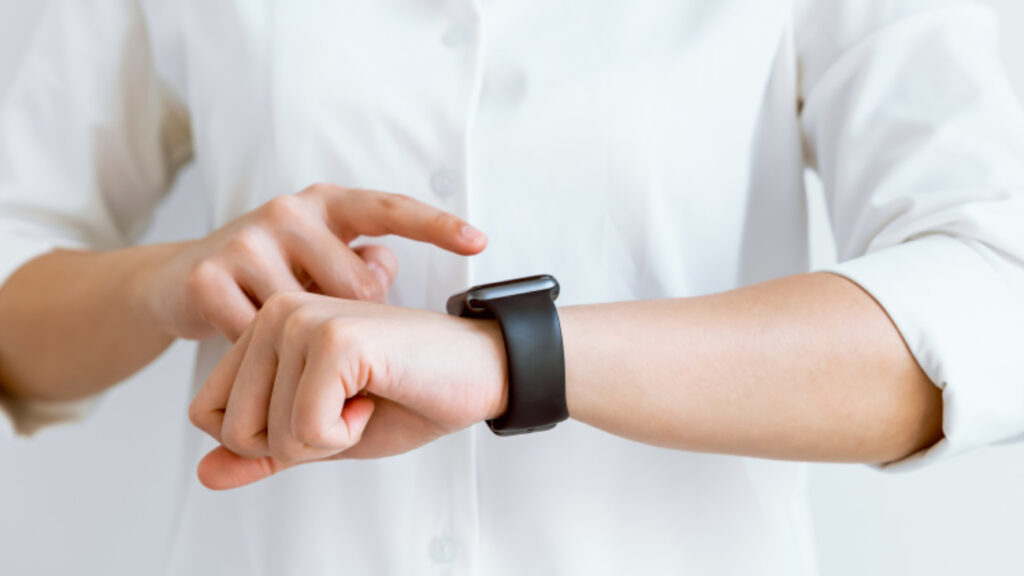In the healthcare industry, voice biometrics has become a popular security tool feels Bahaa Abdul Hadi. It identifies people through their voices. This technology is a new and promising way of increasing healthcare security and privacy. It can prevent unauthorized access to medical records and patient data. Additionally. It can enhance overall patient care and experience.
Voice recognition is used in this biometrics for identity verification of people like patients and employees. In emergency situations, this technology can help medical professionals get the care they require if and when their lives are in danger. Voice biometrics can also be used for verifying patient records, doctor appointments, etc.
In the healthcare sector, it’s one of the fastest-growing technologies being employed right now. Voice biometrics has its challenges and there’s still some room for improvement. It has an accuracy rate between 71% and 89% which depends on how well, or correctly they’re trained. Still, voice biometrics can really enhance healthcare security and privacy.
Users can quickly identify themselves or others using voice biometrics. It eliminates the need of typing their information or use passwords for identification. This makes it easier for patients and employees to access the services they need at a crucial time. Voice Recognition allows the user to access sensitive medical information without disclosing personal details, such as a password, PIN, or providing a physical identity card. The healthcare industry is increasingly adopting EHR or electronic health records. Voice Biometrics can keep these records safe.
Voice biometrics is more secure than other forms of biometric authentication. It works remotely without any physical contact between the user and the system. This makes it ideal for healthcare organisations where multiple patients visit daily.
It is also helpful for healthcare professionals who need access to patient’s medical records remotely over long distances. There won’t be the need of storing those records physically onsite with them at all times. Therefore, there is almost no risk of theft or loss. Also, patients can access their medical records wherever they are. It can be used across various platforms such as desktop computers, smartphones, and tablets
Voice biometrics can lessen operational costs and speed up administrative tasks. Lastly. Voice biometrics uses less power than other forms of authentication. Therefore, it does not require battery replacement or charging every day.
To summarize, voice biometrics can help healthcare by causing fewer errors related to electronic medical records (EMRs), and flexibly and securely, sharing patient records through cloud-based technologies. It also cuts out language barriers, improves the productivity of healthcare professionals, and enhances the care quality given to patients.
Thank you for your interest in Bahaa Abdul Hadi blogs. For more information, please visit www.bahaaabdulhadi.com







